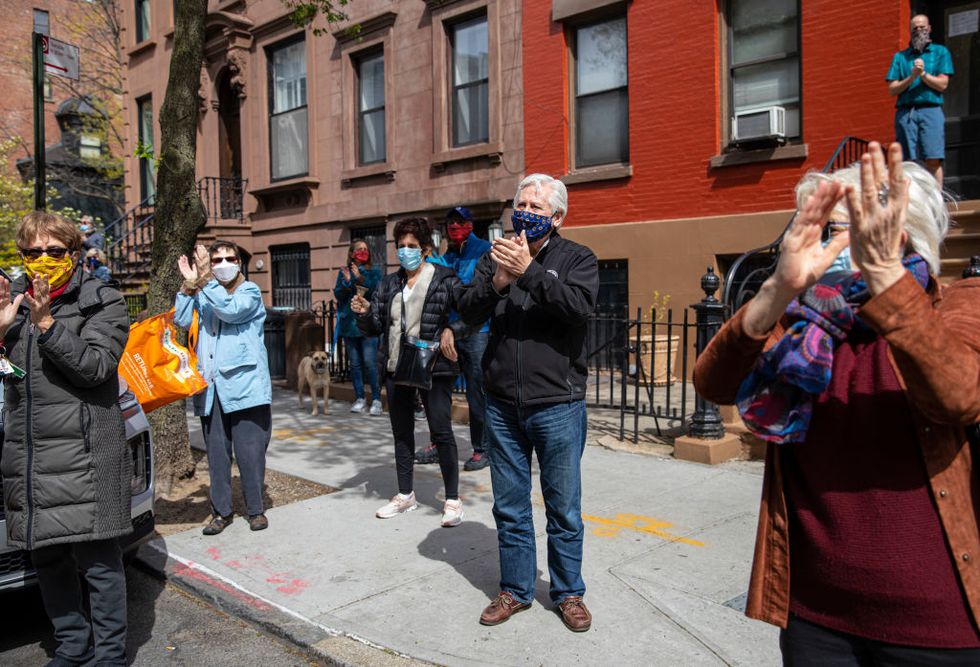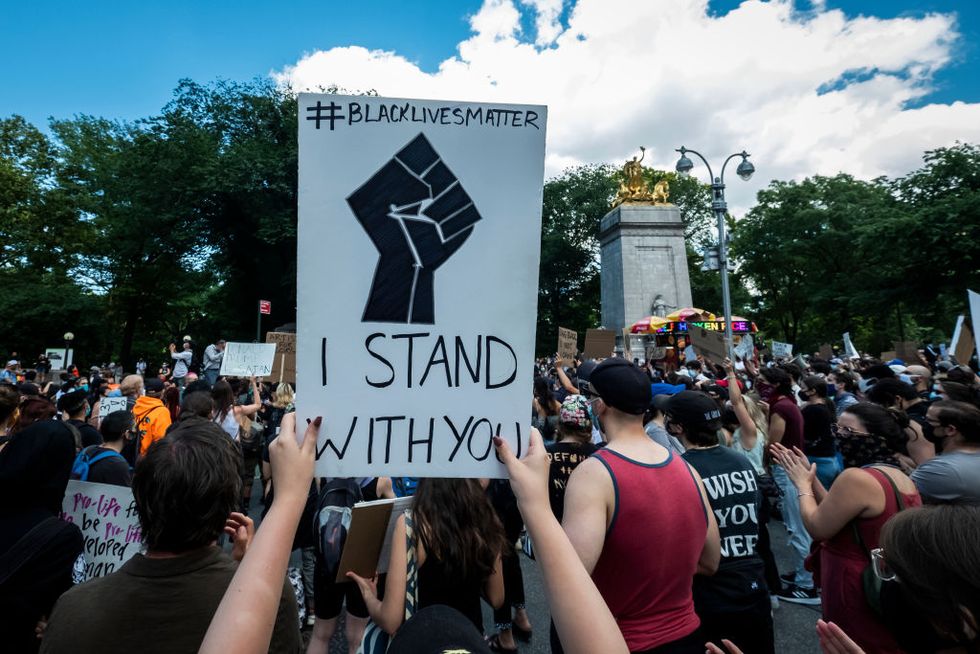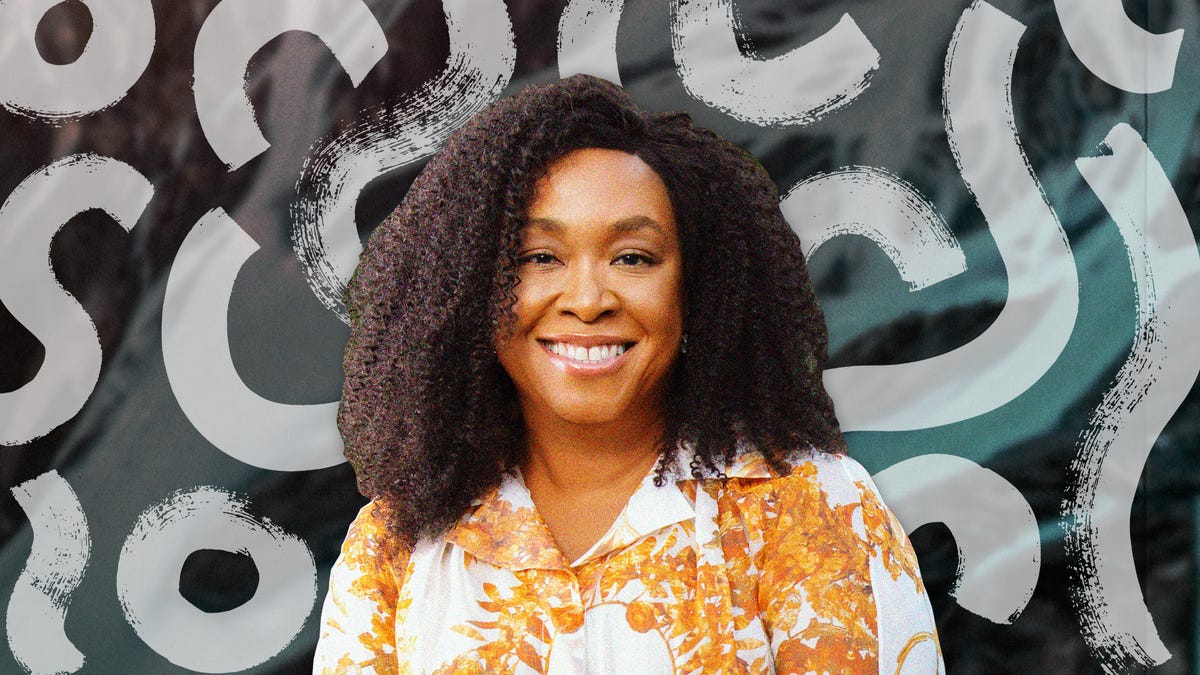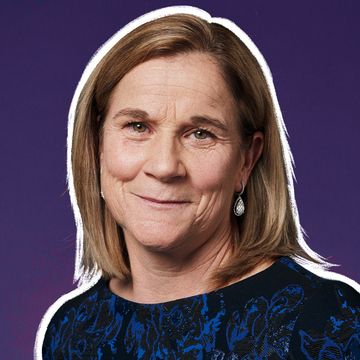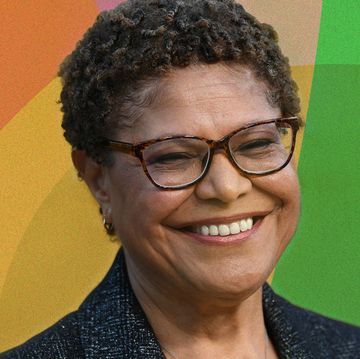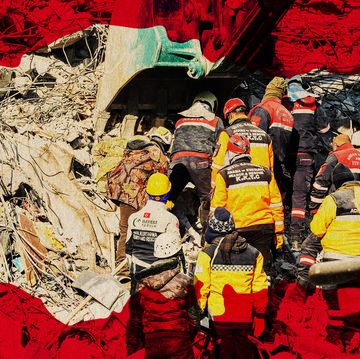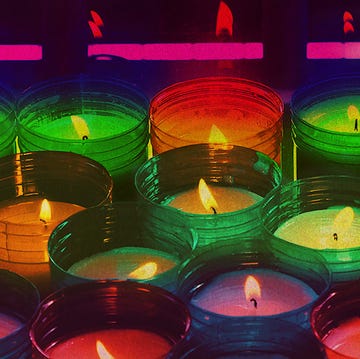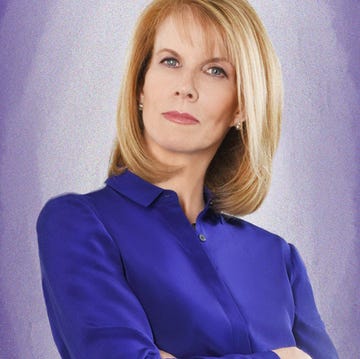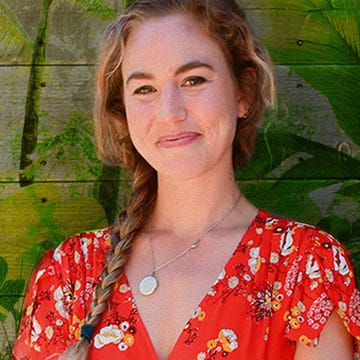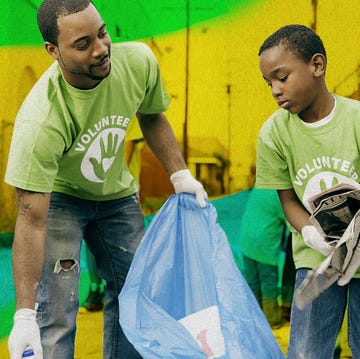Young folks have a saying: Keep that same energy. You say it when someone isn’t behaving consistently or they aren’t applying the same gusto to one thing as they are to another. “I need you to keep that same energy for math homework as you do for those video games,” you might tell a struggling student, or “When we first met, it was flowers and candy and moonlight strolls in the park; keep that same energy.” This is hardly a new expression; it goes back to 2018, if not earlier, and slang being as ephemeral as it is, it might go the way of “on fleek” by the time you finish reading this.
But as we approach the third year of the Covid-19 pandemic, we’d do well to consider this phrase a little longer — at least in relationship with the year 2020. Because it’s clear that a lot of what we should have held on to from those horrible but illuminating 12 months has already faded from memory. Awful though it was, we need to keep some 2020 energy.
Nobody seems to want to remember 2020, and that’s understandable. It sucked. That was the year Kobe Bryant and his daughter Gianna died with seven others in a horrible helicopter crash. Fires raged on the West Coast and in Australia, charring people’s homes and trapping defenseless animals in an ocean of fire. Beloved figures of decency and goodwill — Chadwick Boseman, Ruth Bader Ginsburg, Alex Trebek — died too. Murder hornets. The president was impeached. Elon Musk not only reproduced but named his offspring X Æ A-12, which almost certainly is the inciting incident for some unholy sci-fi event to come 20 years from now.
Of course, there were the whammies — the seismic events that transformed life as we know it. Or should have. I’m speaking, obviously, of the Covid-19 pandemic and global protests sparked by the killings of Ahmaud Arbery (in February), Breonna Taylor (March), and George Floyd (May, right before Memorial Day weekend). You were there. You remember the fear, the anger, the frustration, the confusion, and sorrow we were forced to sit with as people died, sometimes hundreds a day, and the government unleashed soldiers on U.S. citizens who were out protesting the very thing the police were doing.
It was a lot. It was scary. Nobody could fault you for wanting to forget it. But here’s the thing: Some people want you to forget 2020, particularly people in positions of power. In 2020, figurative and literal masks were ripped off. For better or worse, we saw reality in a new, undeniable way. For starters, we saw the action-based empathy people are capable of and the possibilities for radical positive transformation.
Take, for example, giving. We really seemed to rally when people in public-facing jobs couldn’t work, didn’t we? We set up GoFundMes for mom-and-pop businesses and gave to food banks. Charitable giving was at an all-time high. The government extended unemployment benefits, paused student loan payments, and helped people who couldn’t pay rent. It was beautiful to behold, as humans demonstrated our willingness and ability to help one another in a crisis.
On the other side of that selflessness was a darker reality: The money to assist the working poor, the sick, and the unhoused was always there. Likewise, the rush to create a vaccine and get it out to everyone, for free, illuminated what could be possible for anyone who needs care. 2020 proved that with the right incentive, we really could band together and eliminate a lot of the suffering people experience on a day-to-day basis: poverty, hunger, disease, you name it.
So, why didn’t we? I’ll move on.
Let’s talk about the environment. One of the few bright spots of that terrible time was seeing animals in urban areas enjoying their habitats without us. Dolphins frolicked in spaces they normally didn’t. Boars took to the streets of Barcelona. Don’t get me wrong: Animal takeovers aren’t a goalpost we wanna be aiming for, but that “nature is healing” sentiment that spread at the time wasn’t far off. Pollution dropped. Greenhouse gases decreased more than 10 percent — putting the U.S. on track to meet climate change objectives set at a summit in 2009. Yet even as we saw the skies literally get clearer and felt the air get cleaner, experts basically said, “Don’t get used to this because when Covid ends, pollution will just go back up.” As if we had no choice, no other option, than to race toward our own self-destruction.
Now, even as scientists scream that we’re running out of time to stop climate catastrophes from becoming an everyday occurrence, some leaders have placed more importance on getting workers back in the office. Alarms about how dire the climate crisis is could not be louder, and though we all watched the planet start to right itself a bit, people in charge prefer that we fill up our cars and pump more greenhouse gases back into the atmosphere just so we can sit in offices and do the jobs we’ve already proved we could do at home.
But the most telling clue that 2020 energy is over is the lack of meaningful change with respect to race relations and social equality. In fact, the people who rushed the Capitol in 2021 waving white-supremacist symbols proved that things may have actually gotten worse.
Since 2020, reported acts of racial violence have increased, including against Asian and Jewish people. All those pledges to diversify the ranks at institutions? Fleeting. You can literally count the number of Black Fortune 500 CEOs on one hand; two years after all those black squares on Instagram, Black CEOs are just 1 percent of the total. Inclusion hasn’t happened at universities, and certainly not at public schools, where clashes have erupted over “critical race theory” just 13 months after people marched in the streets for Black lives.
Were people just bored that hot, hazy, unforgettable summer? Unleashing anger and frustration? Hard to say. What we do know is this: The number of Black people killed by police actually went up since 2020, according to research from The Washington Post and the data collective Mapping Police Violence. Where did all that 2020 energy go when those people died? I don’t know. I’m sure their loved ones would like to know too.
Not everything is bad, of course, but that’s not really the point. We are very good at idolizing great leaders of the past like Dr. Martin Luther King Jr. — reciting their most famous quotes and wondering aloud how they’d respond to the challenges of the present. We seem to be less good at demanding sustained change. We’re still in the first month of the year, still relishing in the newness and dreaming about who we want to be going forward. Yet what might be most helpful would be to go backward and consider the strength and fortitude and power we found then and bring that energy into 2023.
Malcolm Venable is a Senior Staff Writer at Shondaland. Follow him on Twitter @malcolmvenable.
Get Shondaland directly in your inbox: SUBSCRIBE TODAY

